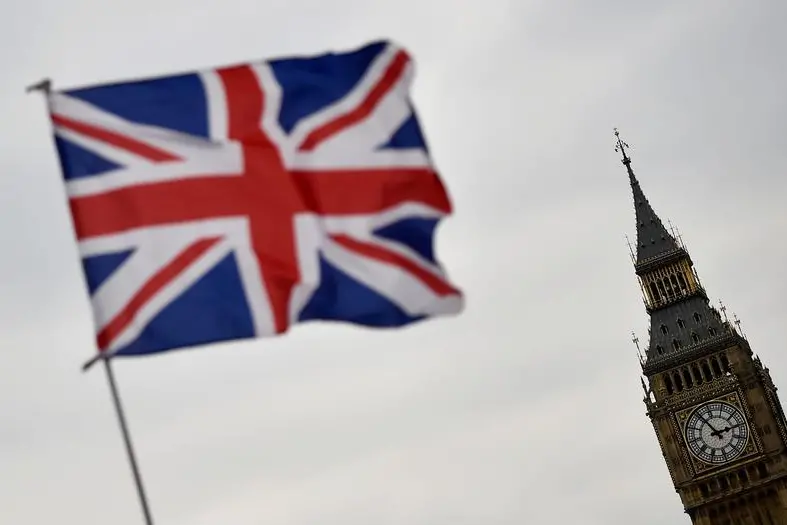PHOTO
(The author is a Reuters Breakingviews columnist. The opinions expressed are her own.)
LONDON - Political gestures do not always work as planned. Consider the United Kingdom’s offer of routes to citizenship to about 3 million residents of Hong Kong.
Roughly 2 million to 3 million people born in the former British colony before 1997, when it was returned to China, qualify for a British National (Overseas) passport, which has been close to worthless. UK Prime Minister Boris Johnson responded to China’s tighter control of Hong Kong by promising BNOs a fairly easy path to permanent residence and citizenship.
The motivation of the offer is political, but it could help the UK economy. Most of the people who take it up are likely to be fairly skilled, so they will quickly add to the UK’s output. Restrictions on benefits, additional taxes and typically small families – Hong Kong’s average household has fewer than three people – almost ensure that they will also be net contributors to the government’s accounts.
But the gains will be small. The UK government estimates that 200,000 migrants will come in the next five years. After subtracting children and other non-employed people, and assuming their earnings are in the highest quintile of the UK, their incomes at the end of the period will amount to 8 billion pounds, or roughly 0.4% of UK GDP, according to Breakingviews calculations. The number of immigrants may be even smaller given possible Hong Kong government roadblocks, such as restricting departing citizens from making an early withdrawal of retirement benefits.
The input will hardly replace the declining contribution to GDP growth made by European Union migrants. Their number already dropped by 73% to 50,000 in the 30 months ending December 2019, the Migration Observatory estimates. Further post-Brexit losses are probable.
And then there are the costs of angering China. The People’s Republic is Britain’s third-biggest trading partner, just after the EU and the United States. An irate Beijing could cut into the 30.7 billion pounds of export revenue.
But with migration, nothing is certain. When Prime Minister Tony Blair generously allowed citizens from the new central European members of the EU to arrive in 2004, the government anticipated 13,000 migrants a year. The actual number was four times higher over the next eight years. If anything like that occurs with Hong Kong, both the British gains and the Chinese ire are likely to be multiplied.
CONTEXT NEWS
- Hong Kong citizens planning to relocate to the United Kingdom with their British National (Overseas) passports this year are barred from withdrawing their savings from the government’s compulsory retirement plan, Apple Daily reported on Sept. 28.
- The Mandatory Provident Fund normally prevents withdrawals until the account holder reaches the retirement age of 65, unless the person plans to leave Hong Kong permanently. But according to the Apple Daily report, the Hong Kong government considers the BNO passport a “travel document” rather than proof of residency outside the former colony.
- The relationship between the United Kingdom and China has been “seriously poisoned”, Liu Xiaoming, Beijing’s ambassador to London, said on July 30.
- The criticism comes after a number of political disputes in recent months, including the ban of Chinese telecommunications firm Huawei Technologies from the UK’s 5G mobile network and the UK decision to extend the rights of British National (Overseas) passport holders.
- Starting from January 2021, those in Hong Kong with BNO passports would be able to apply for special visas to live in Britain that could eventually confer citizenship, interior minister Priti Patel said.
- However, China opposes such a policy as interfering in domestic affairs, with a spokesman telling a news briefing that the country “will consider not recognising BNO passports as a valid travel document, and reserves the right to take further measures”.
- About 200,000 Hong Kong citizens with British passports could come to live in the UK over the next five years, according to internal Foreign Office estimates, the Financial Times reported on July 13.
(The author is a Reuters Breakingviews columnist. The opinions expressed are her own.)
(Editing by Edward Hadas and Oliver Taslic) ((karen.kwok@thomsonreuters.com; Reuters Messaging: karen.kwok.thomsonreuters.com@reuters.net))





















